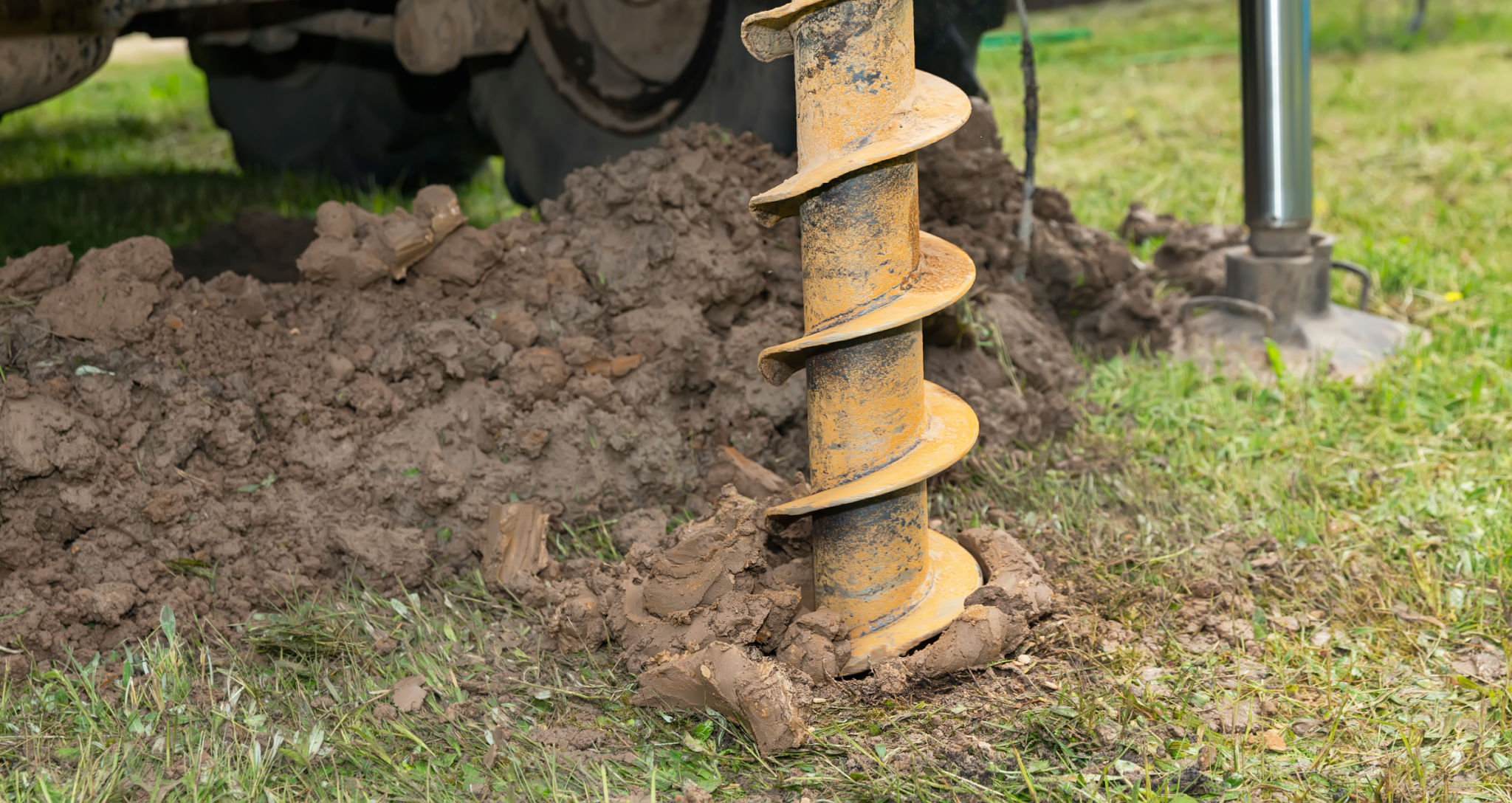Expert Tips for Efficient Borehole Drilling in Zimbabwe
Understanding the Basics of Borehole Drilling
Borehole drilling is a vital process in Zimbabwe, especially for communities and businesses seeking reliable water sources. To ensure a successful drilling project, it is crucial to understand the fundamental steps involved. From site selection to final installation, each phase requires careful planning and execution. In this guide, we'll explore expert tips that can help you achieve efficient borehole drilling.

Site Selection and Preparation
The first step in any borehole project is selecting the right site. This involves conducting a thorough geological survey to assess the subsurface conditions. It's essential to work with experienced geologists who can identify the most promising locations based on rock formations and water tables. Once a site is chosen, proper preparation is key. Clearing the area of debris and ensuring accessibility for drilling equipment can significantly streamline the process.
Choosing the Right Drilling Method
There are several drilling methods available, and selecting the appropriate one depends on the geological conditions of the site. The most common methods include rotary drilling, percussion drilling, and auger drilling. Each technique has its advantages and limitations, which should be weighed carefully. Consulting with a drilling expert can help determine the best method for your specific needs, ensuring both efficiency and cost-effectiveness.

Ensuring Compliance with Regulations
In Zimbabwe, borehole drilling is subject to various regulations to protect natural resources and ensure safety. Before commencing any drilling activities, it's crucial to obtain the necessary permits and adhere to environmental guidelines. Failure to comply with these regulations can lead to legal complications and costly delays. Engaging with local authorities early in the planning process can help navigate these requirements smoothly.
Investing in Quality Equipment
The success of a borehole project often hinges on the quality of equipment used. Investing in reliable, modern drilling rigs and tools can improve efficiency and reduce the risk of technical failures. Additionally, regular maintenance of equipment is essential to prevent downtime and ensure safety on site. Partnering with reputable suppliers who provide both equipment and technical support can be invaluable.

Monitoring and Maintenance
After the borehole is drilled, ongoing monitoring and maintenance are critical to sustain its functionality. Regular inspections should be conducted to check for signs of wear or contamination in the water supply. Implementing a routine maintenance schedule can prevent minor issues from escalating into major problems. Engaging with professional water management services can provide peace of mind and ensure the longevity of your borehole.
Community Engagement and Support
Borehole projects often have a significant impact on local communities. Engaging with community members throughout the project can foster cooperation and support. It's beneficial to educate the community about the benefits of the borehole and involve them in decision-making processes. This collaborative approach not only enhances project success but also ensures sustainable use of the water resource.
In conclusion, efficient borehole drilling in Zimbabwe requires careful planning, expert consultation, and adherence to regulations. By following these expert tips, you can ensure a successful project that provides a reliable water source for years to come.